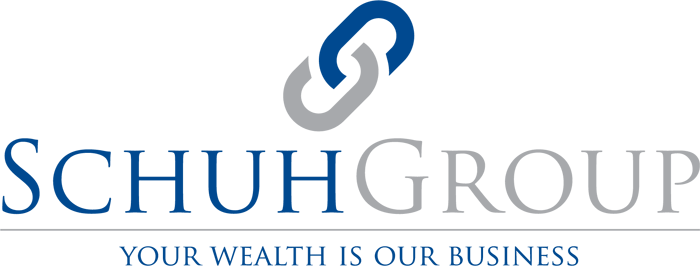Is Your Super Really "Super"?
by Dominique Schuh
With another election behind us, and a new budget in motion, now is a great time to review your foundations for the future before some of the big changes take place (especially in relation to your Superannuation). The truth is, whether you know it your not, if you have a Superannuation Fund you are an investor. It's just that unless you are self-managing, you probably don't know what you are investing in.
With all the changes that are happening around Super, we wanted to give you a quick overview of a few of the recent frequently asked "super" questions, so you have a better understanding of what to ask your planner or accountant next time you meet!
1. How do I start a Self-managed Super Fund? How much money do I need to have?
The general rule of thumb is $200,000 as a minimum balance. But if you are growing the fund quickly with contributions, this amount can be less.
2. What are the benefits of Self-Managed Super Funds (SMSF)?
The biggest and most important benefits to you is extra transparency - you can actually see what you're invested in. The fees can be lower on large balances compared to industry or retail super funds, and you have added control over your investments, including added asset class control. This is particularly important if people are in "draw down mode" and taking a pension from the fund. You also have extra flexibility with the types of assets you can hold in the SMSF structure, e.g. Investment properties.
3. What are the changes to superannuation from the 2016 budget?
Major changes are the introduction of the lifetime non-concessional contribution cap (after tax money). Also, the reduction in the concessional contribution limits in the years ahead, dropping to $25,000 for everyone from next financial year. The other major change is the introduction of taxing of the transition to retirement (TTR) pension for those over 60.
4. How can I best use my Super to set me up for the future?
The best ways to utilise super as a foundation is to see it as another investment vehicle that's available to you, and one that is taxed favourably. The other way to use it well is to start early with top-up contributions. Don't leave it to the last few years before retirement to add in additional savings if you can avoid it.
The world of Self Managed Super Funds is tightly regulated and can be complex to navigate. We strongly recommend that before you embark on the road to setting up your own SMSF, you discuss your obligations with a professional. You can speak with Dom Schuh about your retirement financial strategies by calling on 5482 2855.
